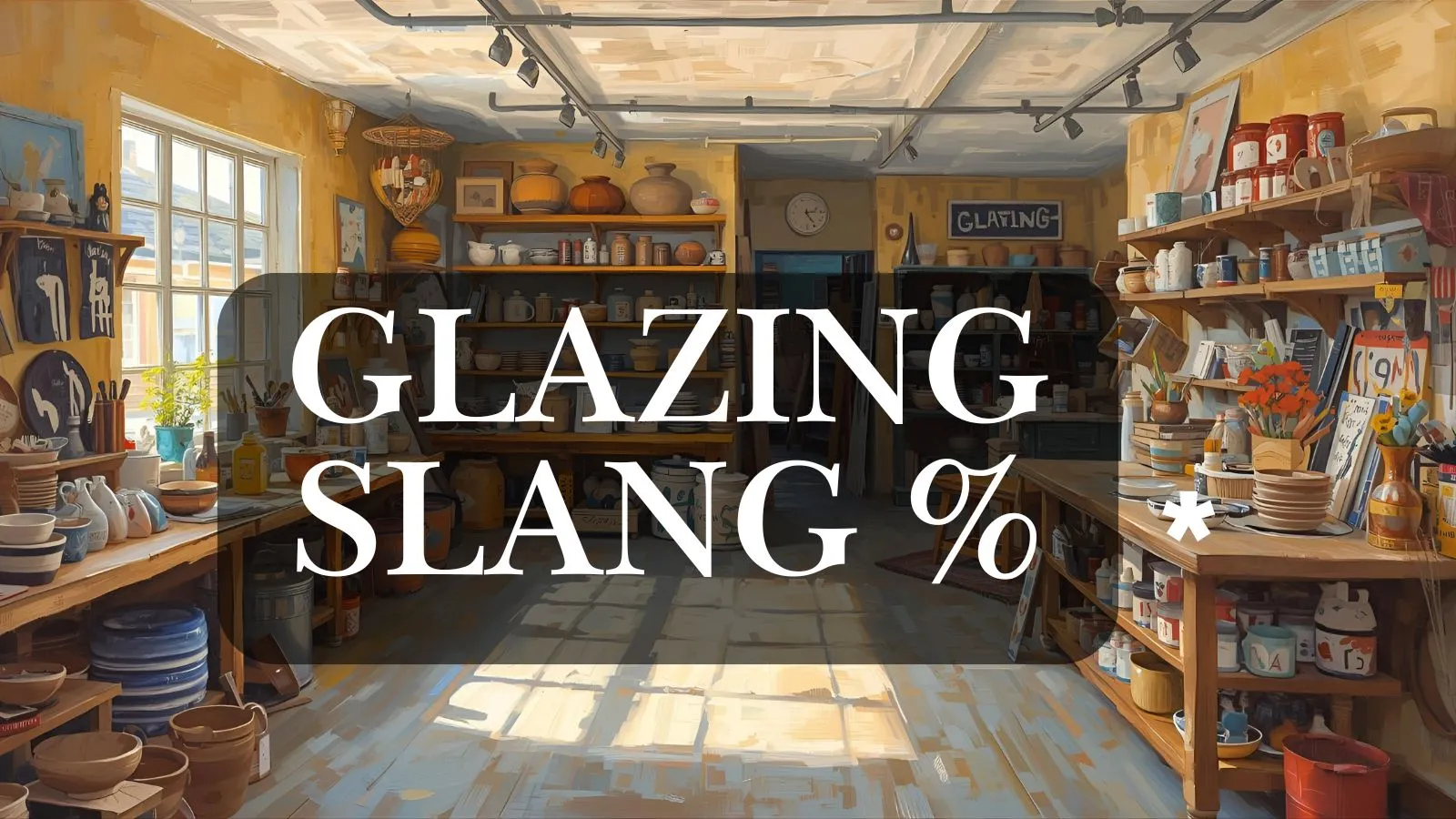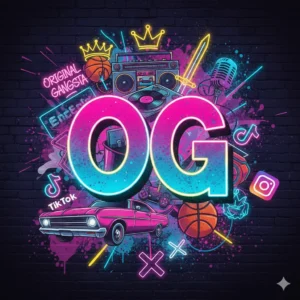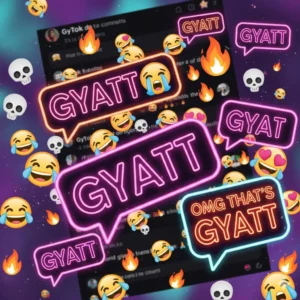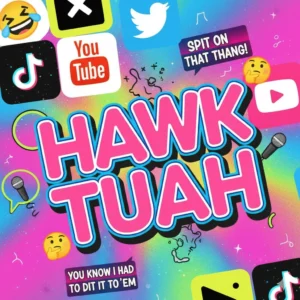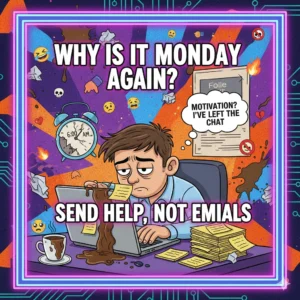Slang evolves faster than any other part of the English language.
Words that were popular a few years ago can quickly fade, while new expressions rise out of digital culture, social media platforms, gaming communities, and even viral TikTok trends.
One of the latest terms that gained traction in 2024 and continues strongly into 2025 is the slang word “glazing.”
If you’ve seen someone comment “stop glazing” under a viral post or heard a friend casually drop it into conversation, you might have wondered what exactly it means.
Unlike traditional dictionary words, slang terms are fluid, layered, and often depend on context, tone, and community use.
In this article, we’ll explore:
- The origin and meaning of “glazing” in slang.
- How it’s used in different contexts (online, gaming, texting, casual conversation).
- Its nuances of tone (polite, playful, sarcastic, or harsh).
- 10 alternatives to “glazing” for polite, professional, and casual situations.
- Real-life examples of how people in 2025 are using it.
- Why understanding slang like this is essential for modern communication.
By the end, you’ll not only understand “glazing” but also master how to use (or avoid) it in the right situations.
What Does “Glazing” Mean in Slang?
At its core, “glazing” means giving someone excessive praise, admiration, or attention to the point that it feels exaggerated, unnecessary, or even insincere.
It’s often used in a negative or mocking way. If someone is “glazing,” they’re seen as overhyping another person, complimenting too much, or being overly supportive in a way that looks like flattery rather than genuine admiration.
Simple Definition (2025 Context):
- Glazing (verb, slang): The act of excessively complimenting, praising, or admiring someone, often to the point where it looks fake, over-the-top, or like “sucking up.”
Origins of “Glazing”
Unlike older slang with deep roots in specific subcultures, “glazing” took off around 2023–2024 mainly from TikTok, gaming, and meme culture.
- It started as a way to describe people in comment sections who went overboard praising influencers, celebrities, or even random viral creators.
- By 2024, it spread into gaming lobbies and Discord chats, where players accused each other of “glazing” when defending or hyping up a streamer or teammate.
- In 2025, it has become a mainstream slang term, appearing in everyday conversations—especially among Gen Z and Gen Alpha.
How “Glazing” Is Used in Different Contexts
1. Online & Social Media
When someone constantly praises a celebrity, YouTuber, or influencer in comments, others might reply:
- “Bro, stop glazing. They don’t even know you exist.”
2. Gaming & Streaming
Gamers use it when someone is overhyping a streamer or defending them too much:
- “You’re glazing that streamer way too hard, chill out.”
3. Texting & Group Chats
Friends sometimes jokingly accuse each other of glazing when compliments go too far:
- “You’re glazing me for real, I just made noodles, it’s not that deep.”
4. Real-Life Conversations
It’s now used casually in spoken English, often sarcastically:
- “Man, you’re really glazing the boss right now.”
Nuances of Tone
“Glazing” can shift its meaning depending on how it’s said:
- Playful – Friends teasing each other for giving compliments.
- Sarcastic – Calling someone out for fake or exaggerated admiration.
- Critical – Accusing someone of “sucking up” to authority figures.
- Neutral – Simply describing behavior without judgment.
Because of this flexibility, context matters more than the word itself.
10 Polite, Professional, and Casual Alternatives to “Glazing”
While “glazing” is trendy, it’s not always the best word to use in professional, academic, or polite settings. Below are 10 alternatives—ranked with examples—that you can use depending on tone.
1. Overpraising
- Neutral and professional.
- “The article was good, but some readers felt the reviewer was overpraising it.”
2. Excessive Complimenting
- Polite, works in formal writing.
- “He was criticized for excessive complimenting during the meeting.”
3. Flattering Too Much
- Softer than “glazing.”
- “You’re flattering her too much, she might think it’s insincere.”
4. Overhyping
- Common in casual and online settings.
- “You’re overhyping that movie, it wasn’t that great.”
5. Sucking Up
- Informal, sometimes harsh.
- “Don’t suck up to the teacher, it’s obvious.”
6. Brown-Nosing
- Slightly rude but widely understood.
- “He’s always brown-nosing the manager.”
7. Being Overly Supportive
- Polite and gentle phrasing.
- “You’re being overly supportive, let’s give honest feedback too.”
8. Exaggerating Praise
- Works in professional or academic writing.
- “The critic was accused of exaggerating praise for the artist.”
9. Complimenting Excessively
- Clear, simple, and formal.
- “He was complimenting excessively, which made it feel less authentic.”
10. Hero-Worshipping
- Stronger and more dramatic.
- “Some fans are basically hero-worshipping that actor.”
Real-Life Examples of “Glazing” in 2025
- Twitter/X:
“This guy is glazing Elon again 💀.” - TikTok Comments:
“Not glazing but this is the best song ever made.” - Gaming Chat:
“Stop glazing the streamer, he didn’t even carry the team.” - Workplace Banter:
“You’re glazing the boss with those compliments, careful.” - Group Text:
“Bro made a sandwich and y’all glazing him like he’s a chef.”
Why “Glazing” Matters in Modern English
Language isn’t static—it’s a mirror of culture. The rise of “glazing” shows:
- How fast slang spreads through short-form content platforms.
- How Gen Z & Gen Alpha shape English with humor and exaggeration.
- How tone and context change meaning in modern communication.
For non-native English speakers, staying updated with slang like this is crucial to understanding jokes, memes, and casual conversations in 2025.
Final Thoughts
“Glazing” is one of those slang words that perfectly captures the internet’s playful, sarcastic, and exaggeration-heavy style. While it began as a way to mock excessive admiration, it’s now flexible—sometimes used as a lighthearted joke, sometimes as sharp criticism.
If you want to use it, remember: context is everything. Among friends, it can be funny and harmless. In professional or polite situations, choose one of the alternatives we’ve explored.
By mastering words like “glazing,” you not only keep up with the latest slang but also sharpen your cultural fluency in English.
